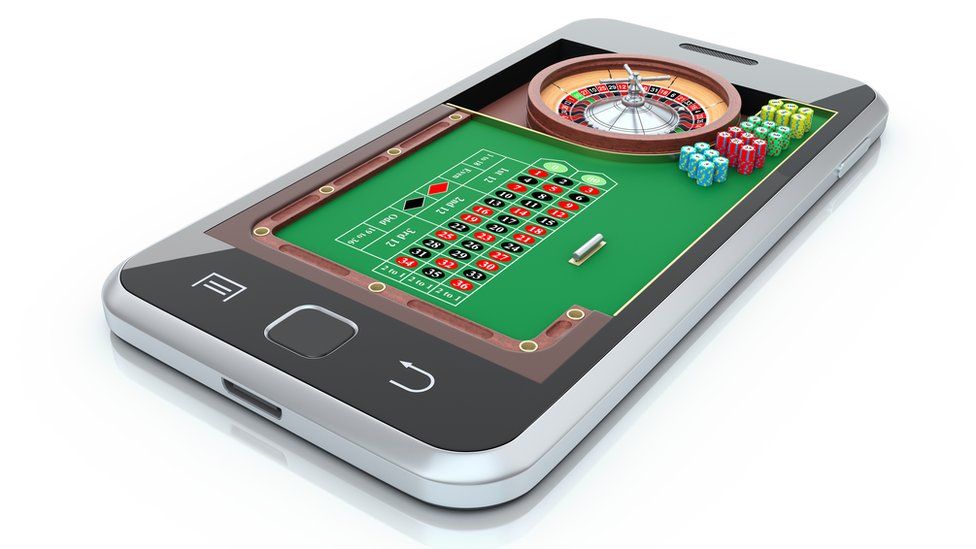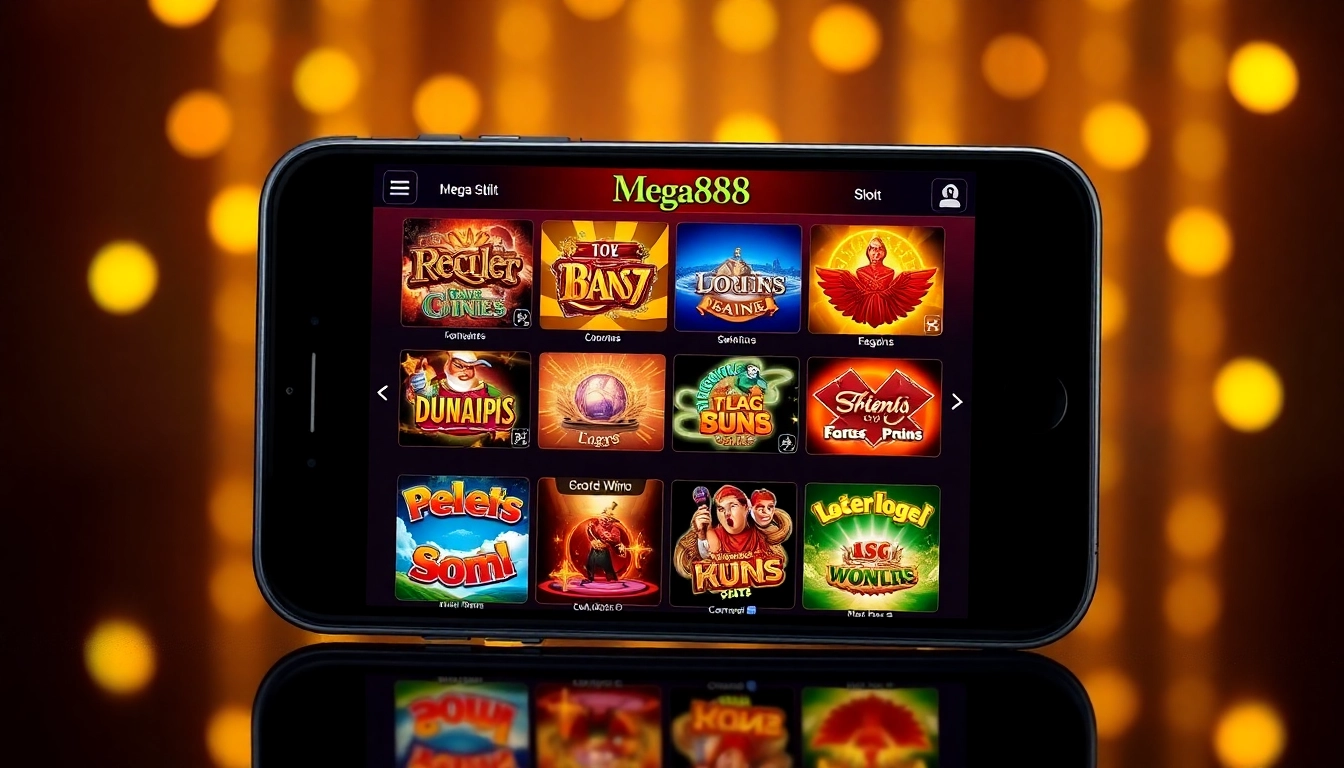
In Malaysia, mobile apps are not just tools—they are immersive experiences. Gamified elements like spin wheels and random rewards have become integral parts of many mobile games, especially in the casino and entertainment industries. These features tap into powerful psychological triggers that keep users engaged, encourage repeat play, and drive app success. Understanding the psychology behind spin wheels and random rewards can help developers create more engaging, addictive experiences for Malaysian users.
In this blog, we’ll explore how these gamification elements work, the psychology behind them, and how Turnkey Casino Game Malaysia solutions leverage these mechanisms to captivate players.
1. The Appeal of Uncertainty: The Variable Reward Effect
At the heart of spin wheels and random rewards is the concept of uncertainty. In psychology, this is known as the variable reward effect. It’s a concept rooted in the idea that unpredictability of rewards—whether it’s a jackpot on a slot machine or the spin of a wheel—creates anticipation, excitement, and even a sense of compulsion.
When players spin a wheel or receive a random reward, they don’t know what they’ll get next, and this unpredictability is key to keeping them engaged. The potential of winning something big, combined with the uncertainty of the outcome, keeps users coming back to try their luck again. Turnkey Casino Game Malaysia solutions, like those from SDLC Corp, integrate this principle into their casino games by incorporating spin wheels and random rewards, effectively tapping into the brain’s reward center and encouraging repeat play.
2. The Power of Instant Gratification
Instant gratification is a powerful motivator in today’s fast-paced world, and it plays a key role in how players interact with random rewards in mobile apps. The moment a player spins a wheel and sees the result, whether it’s a small or big win, their brain experiences a release of dopamine—a neurotransmitter linked to pleasure and reward. This immediate feedback loop encourages players to engage more often, as they seek to replicate the rewarding feeling.
In Turnkey Casino Game Malaysia platforms, the instant gratification provided by random rewards and spin wheels is essential for keeping players hooked. These rewards offer quick, bite-sized bursts of excitement, perfect for Malaysia’s mobile-first gaming culture, where players often enjoy gaming in short, frequent bursts.
3. The Role of Loss Aversion in Random Rewards
The concept of loss aversion—rooted in behavioral economics—suggests that people are more motivated to avoid losses than to seek gains. This principle can be observed in the design of random reward systems, particularly in casino games and apps. When players engage with spin wheels or other random mechanics, they are often presented with a “win” or “no win” outcome. The emotional impact of losing (even if it’s just not winning a large reward) is often greater than the pleasure of winning a small prize, which encourages players to keep trying to avoid that feeling of loss.
To mitigate this, Turnkey Casino Game Malaysia solutions often incorporate small consolation prizes or incremental rewards to keep players engaged, even when they don’t land on the big jackpot. These small wins reduce the emotional sting of a “loss” and encourage continued participation.
4. The Reinforcement of Social Proof
Spin wheels and random rewards can also leverage social psychology through social proof. Social proof refers to the human tendency to follow the actions of others, especially when uncertain. In the context of mobile apps, when players see their friends or fellow players winning rewards or large prizes through social sharing features, it reinforces the desire to participate and win themselves.
By integrating social features into spin wheel mechanics or showing players the wins of their friends, apps can create a “bandwagon” effect, where users feel more motivated to engage. Turnkey Casino Game Malaysia platforms can incorporate leaderboards or social sharing options to make the game more competitive and rewarding, tapping into this powerful social dynamic.
5. Building Habit Formation through Random Rewards
Another key psychological element at play is habit formation. Random rewards are highly effective at creating addictive behaviors, as they are tied to intermittent reinforcement. Players don’t know when they’ll hit a big win, but when they do, the reward is significant enough to reinforce the desire to keep playing. This creates a cycle where the unpredictability of the rewards leads players to form a habit of returning to the game.
Over time, the brain starts to associate the game with a potential reward, leading to habitual engagement. In Turnkey Casino Game Malaysia solutions, this element of random rewards encourages repeat play, ensuring that players keep returning for the chance of another win, thus increasing overall user retention.
6. Escalating Reward Mechanics
To further enhance engagement, many apps with random rewards and spin wheels feature escalating reward mechanics. These systems increase the value of rewards as players engage more with the game. This “reward escalation” ensures that players are constantly motivated to continue their gameplay in pursuit of larger and more valuable prizes.
For example, Turnkey Casino Game Malaysia solutions might offer players the opportunity to level up in the game, unlocking higher-value rewards as they progress. This escalation keeps the game exciting and rewarding, which encourages players to play for longer periods to earn bigger rewards.
7. Creating a Sense of Ownership and Progression
Random rewards and spin wheels also capitalize on the human desire for progress and achievement. When players spin a wheel or unlock random rewards, they feel a sense of accomplishment and progress, even if the outcome is unpredictable. This feeling of progression, especially when it is paired with visual feedback, such as new levels, badges, or unlockable items, motivates users to keep coming back.
In Turnkey Casino Game Malaysia solutions, progression systems can be built alongside random reward mechanics to create a sense of ownership and long-term engagement. As players continue to unlock new rewards or achieve higher levels, they become more invested in the game, leading to greater retention and loyalty.
Conclusion
The psychology behind spin wheels and random rewards is a powerful tool for engaging users in Malaysia’s mobile app market. By leveraging principles such as immediate gratification, social proof, loss aversion, and habit formation, developers can create a compelling gaming experience that keeps users engaged and coming back for more. For Turnkey Casino Game Malaysia solutions, these psychological triggers are built into the platform to ensure that players enjoy both short-term excitement and long-term loyalty. With the right implementation of randomization and rewards, apps can create experiences that captivate and retain players in the competitive Malaysian market.





